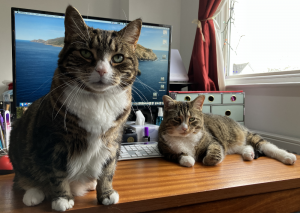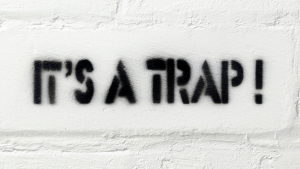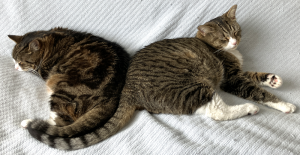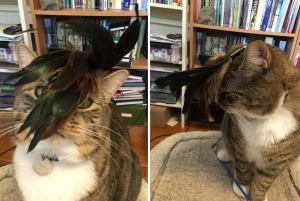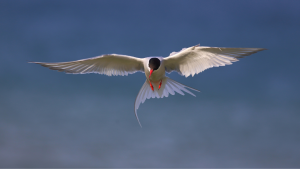 Developing a career as a writer isn’t a sprint. It isn’t even a marathon. It’s an epic journey and you have to learn to pace yourself.
Developing a career as a writer isn’t a sprint. It isn’t even a marathon. It’s an epic journey and you have to learn to pace yourself.
The Arctic tern has the longest migration of any bird, flying from its northern summer breeding grounds to the Antarctic and back again every year. Those that nest in Iceland or Greenland make, on average, a 70,900 kilometre (44,100 mile) round trip. The longest tracked trip made by an Arctic tern is 81,600 kilometres (50,700 miles). During a 30-year-long life, the average Arctic tern will fly 2.4 million kilometres (1.5 million miles) following a meandering route that sticks largely to the coastlines where it feeds, but taking advantage of any prevailing winds.
Your average partridge, on the other hand, never moves more than about a kilometre, or 0.6 miles, from where it hatched.
To become a successful writer, you must learn to love being an Arctic tern.
Like flying around the world, writing takes a long time. It doesn’t really matter whether you’re writing a pentology of heroic sagas or flash fiction, you’re still going to have to do a lot of it in order to develop a career.
To survive, you have to treat it like the epic journey it is: Learn how to nourish yourself along the way, how and when to take some rest, and how to set a course that you can actually navigate. However wise it is to stay close to sources of food, sometimes you’re going to be swept along by the prevailing wind to unfamiliar places and you are inevitably going to have to route around thunderstorms that might pose a threat to life and wing.
The journey will be arduous. It may feel interminable (internimable? Sorry-not-sorry). And when you get to where you’re going you’ll have just enough time to produce your offspring and for them to fledge before you’re off again, chasing a summer that you might catch but will never see through to the end.
And this will be your life. There’s no holiday in the Canaries and catching up with your mate later after a nice rest and a few days in a spa. There’s no taking a year off and staying in Iceland through the dark polar winter just because you didn’t fancy the trip south this year. There’s just flying. And more flying. And more flying.
There’s only flying.
You can live a very fulfilling life as a partridge. Staying in one spot. Becoming intimately familiar with every blade of grass, every shrub, every tree. Defending your nest and your 20 eggs, incubating them alone for over three weeks. Bringing your chicks up in familiar territory, teaching them all about those same blades of grass, same shrubs, same trees.
There’s nothing wrong with being a partridge, but you have to be honest with yourself about what you are. You can’t fly south if you don’t leave your nest. You need sufficient self-awareness to decide whether you are really in it for the long haul, or whether you’d prefer not to fly off into a never-ending sunset, living comfortably in your grassland nest and not writing.
Being a writer is about loving, or at least making peace with, the process, because 99.9 per cent of writing is, well, writing. It’s getting down that first draft, it’s editing it, reworking it, getting feedback on it, polishing it, sending it out into the world, whether to agents or publishing it yourself. That’s the flight to the Antarctic.
Once you’re there, you have to do all the promo, the marketing, the newsletters, the social media, all that jazz, to get your work in front of people who might like it. That’s the flight back to the Arctic.
Every year, rinse and repeat.
You will spend more time travelling than resting, but if you love to travel, if travel is your very nature, if you feel more intensely yourself when you are on the wing, then the travel is the joy. Congratulations, you are an Arctic tern.
If you’re feeling more like a partridge, but you still want to write, then you need to learn to become an Arctic tern. Maybe you take some test flights. Nip down to the coast and back with a short story. Circumnavigate the isles with a novella. Build up your strength and stamina. Develop your flying skills. But you have to understand what’s really involved in being an Arctic tern and you have to commit to the transformation.
The alternative is miserable. Because partridges that stray too far from their nest are at risk of getting shot.
{ Comments on this entry are closed }

